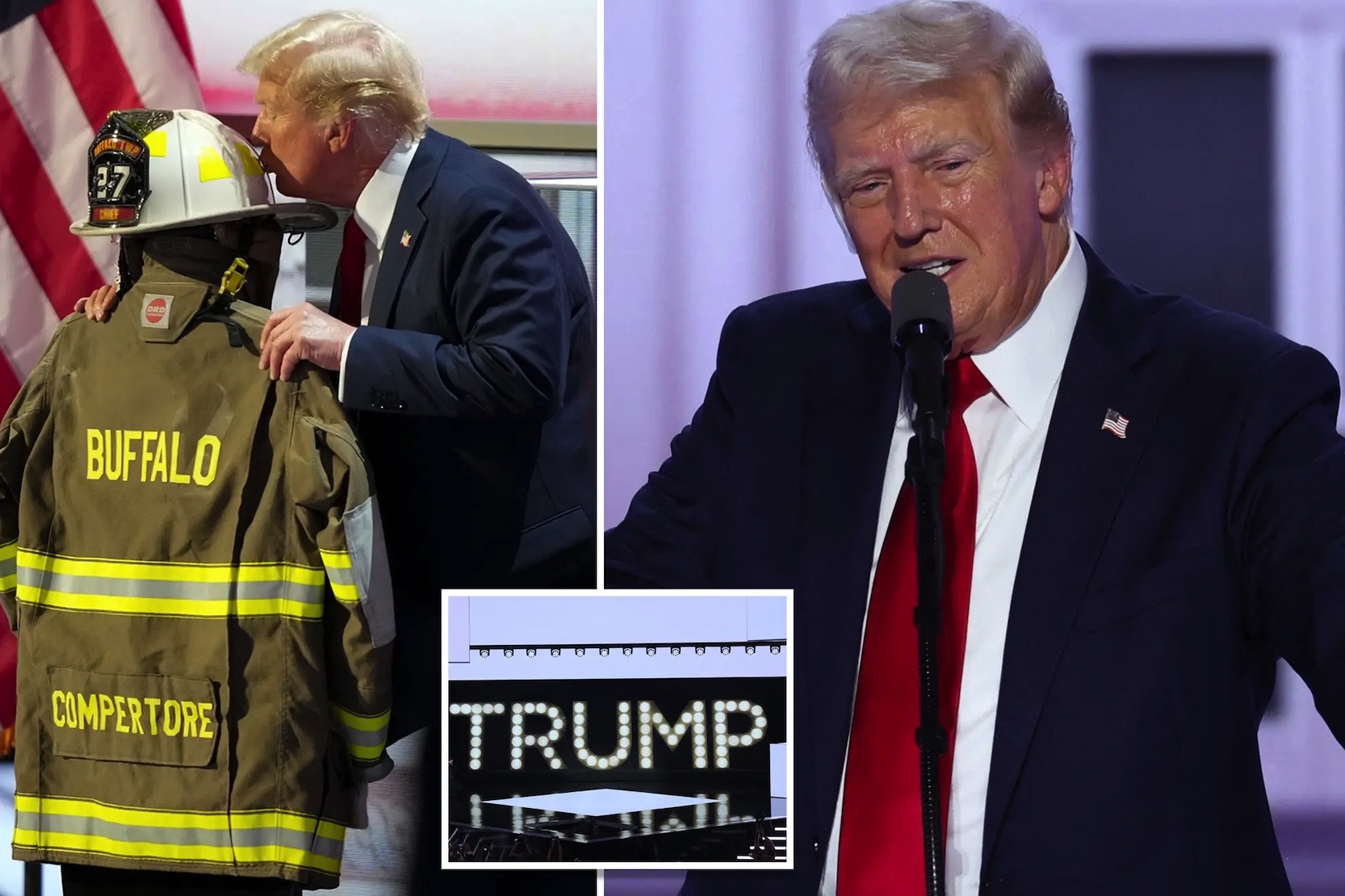Trump Challenges Biden’s EV Policies: A New Chapter in Automotive Regulation
In a recent speech, former President Donald Trump launched a scathing attack on President Joe Biden’s electric vehicle (EV) policies, promising significant changes should he return to office. This declaration marks a pivotal moment in the ongoing debate over the future of automotive regulations in the United States.
An Unexpected Focus
Trump’s remarks come at a time when the automotive industry is experiencing unprecedented shifts. His speech highlighted a key promise: the immediate revocation of Biden’s EV mandates. While political rhetoric is expected during campaigning, this focus on EV policies underscores the growing importance of the industry in the political arena.
Industry Reactions
Reactions from industry experts and automotive companies have been mixed. Some argue that Biden’s EV policies are crucial for combating climate change and fostering innovation within the sector. However, others claim that these policies are too restrictive, stifling economic growth and limiting consumer choice.
During his speech, Trump emphasized the need for a more balanced approach. He suggested that while the push for greener technologies is necessary, it should not come at the cost of traditional automotive jobs and the broader economy. “We need common-sense policies that benefit all Americans,” he stated.
The Impact on Consumers
For the average consumer, these regulatory shifts could have significant implications. Biden’s policies aim to increase the production and adoption of EVs, potentially reducing costs in the long run through economies of scale. However, Trump argues that these policies may lead to higher initial costs for consumers and remove the element of choice.
“Americans should have the freedom to choose the vehicle that best suits their needs, whether it’s electric or gasoline-powered,” Trump mentioned, a sentiment that has resonated with a segment of the population.
Environmental Considerations
Environmentalists have been quick to criticize Trump’s stance, arguing that reversing the current policies would hinder progress in reducing carbon emissions. Biden’s administration has positioned EVs as a cornerstone of its climate strategy, aiming to drastically cut emissions by 2030.
According to environmental advocacy groups, scaling back these policies could delay critical environmental milestones. Conversely, Trump’s supporters argue that a more gradual transition will allow for technological improvements and infrastructure readiness, thus facilitating a smoother shift towards greener vehicles.
Looking Ahead
The debate over EV policies is far from settled. With Trump’s recent comments, the issue is likely to become a significant point of contention in future political campaigns. While the full impact of any potential policy changes remains uncertain, what is clear is that the automotive industry will continue to adapt and evolve in response to regulatory pressures.
As the UK heads in its own direction regarding EV adoption and regulation, observers across the pond will be keenly watching how these developments unfold in the United States. The outcomes could offer valuable lessons for shaping future automotive policies worldwide.
In conclusion, Trump’s challenge to Biden’s EV policies could spark a new era of automotive regulation, one that balances environmental goals with economic and consumer considerations. The world watches with bated breath as this debate drives forward.
